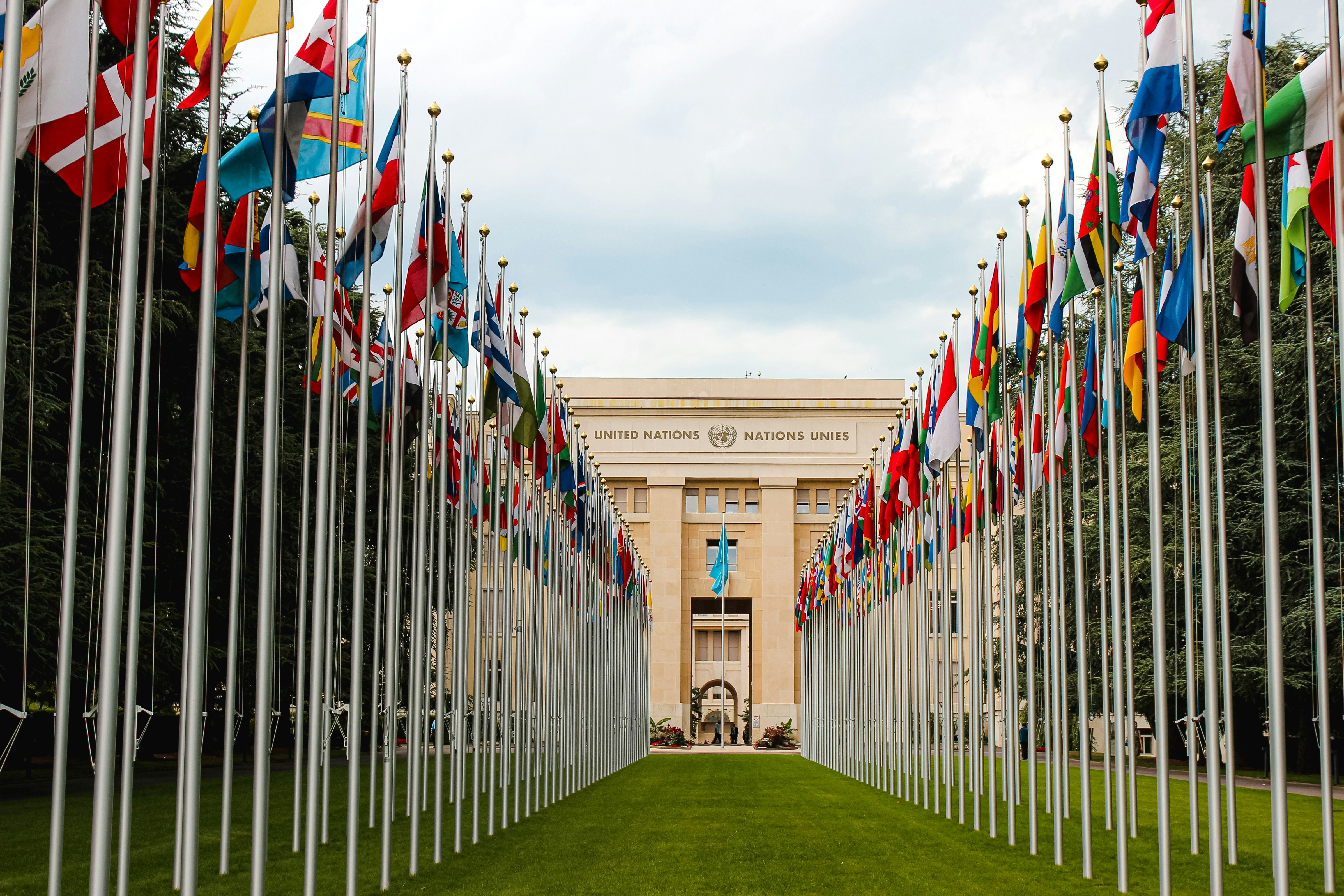
United Nations: the new frontier of lobbying in next decade
Overcoming the corporate inferiority complex
Many companies exhibit an inexplicable reluctance to lobby the UN, unlike NGOs, which are adept at using this form of participatory democracy within international agencies. Active in areas such as environmental protection, social advocacy, community mobilization, and human rights, many NGOs, some of which were founded alongside the UN in 1945, enjoy a perceived moral superiority over businesses.
Avoiding accusations of greenwashing
While Corporate Social Responsibility, including alignment with the 17 Sustainable Development Goals (SDGs), is widespread among businesses, it is often insufficient to influence decision-making. Worse yet, it can lead to accusations of greenwashing.
In contrast, lobbying can dispel such suspicions, clarifying a company’s position and action plan. It serves to align individual business interests with the broader public interest and ultimately enhances participatory democracy.
However, lobbying in the United Nations has some unique characteristics:
The nature of the decisions: unlike national or European public authorities, the UN does not pass laws, except for international treaties. Instead, it issues resolutions that, while non-binding, significantly influence national regulations. International agencies often deny having a regulatory role, yet their impact is undeniable. Resolutions on Sustainable Development Goals, meat consumption, pesticide use, and social rights, as well as initiatives like the IPCC (Intergovernmental Panel on Climate Change) related to the Paris Agreement on CO2 emissions, often shape national laws;
The decision-making procedure and the number of actors: in traditional political systems (such as individual countries or the EU), majority voting is the norm to prevent vetoes. However, in the UN, almost all decisions are made by consensus, which requires arduous negotiations among the 193 member states and complicates lobbying strategies;
The power structure: unlike stable and centralized systems built on democracy, transparency, and separation of powers, international agencies operate through decentralized staff (via regional agencies spread worldwide) who execute decisions made by member states in forums like COPs (Conferences of the Parties) without democratic oversight;
Geneva, je t’aime: as the European headquarters of the UN, Geneva hosts the staff of key agencies such as the WHO, WTO, ILO, and conventions like Basel, Stockholm, and Rotterdam, which govern international chemical trade;
Observers ma non troppo: although the UN system includes civil society input through bodies like ECOSOC (Economic and Social Council) and mechanisms such as official observer status, lobbying remains essential for effectively defending private interests;
The particular lobbying arena: in addition to COPs, lobbyists operate within specific forums such as Intergovernmental Negotiating Committees, Open-ended Working Groups, and intersessional meetings between COPs. These spaces provide opportunities to engage with government experts from diverse backgrounds, exchange technical information, and build lasting networks.
